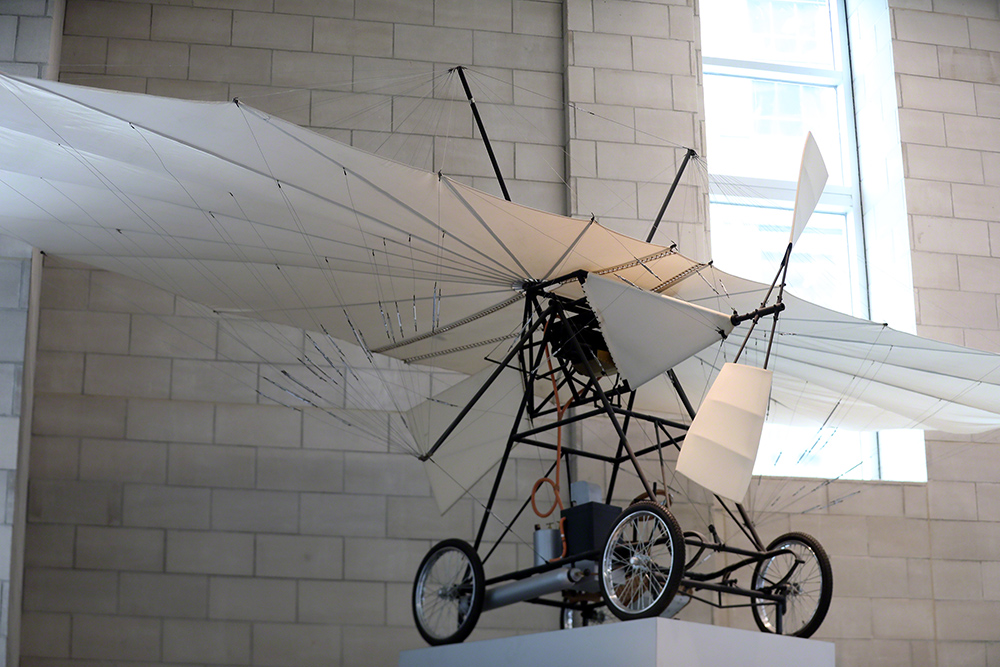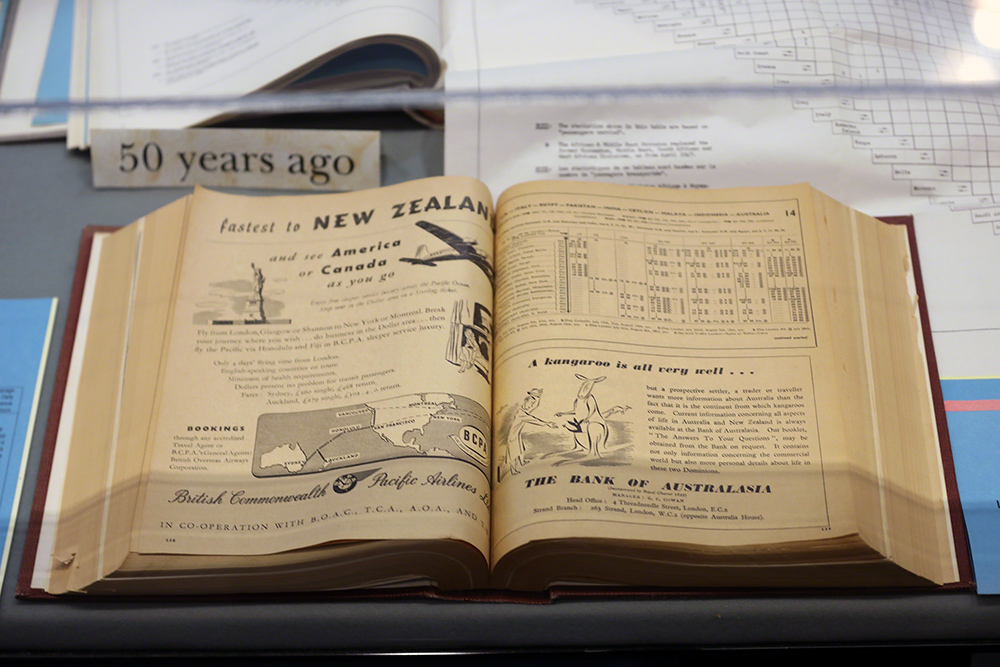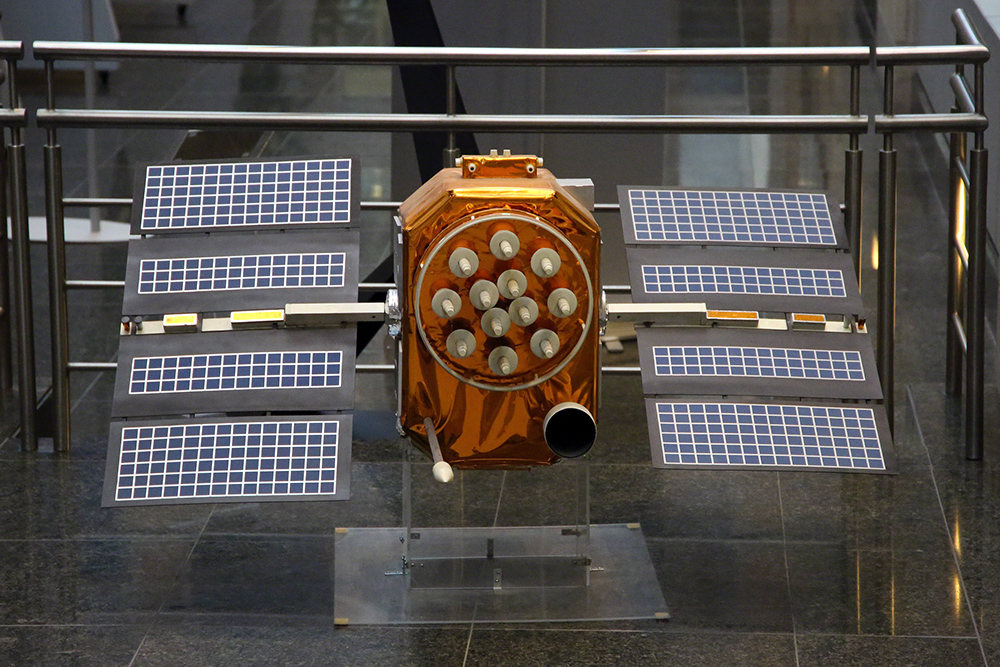Summary
Highlights for Wednesday, 20 November 2019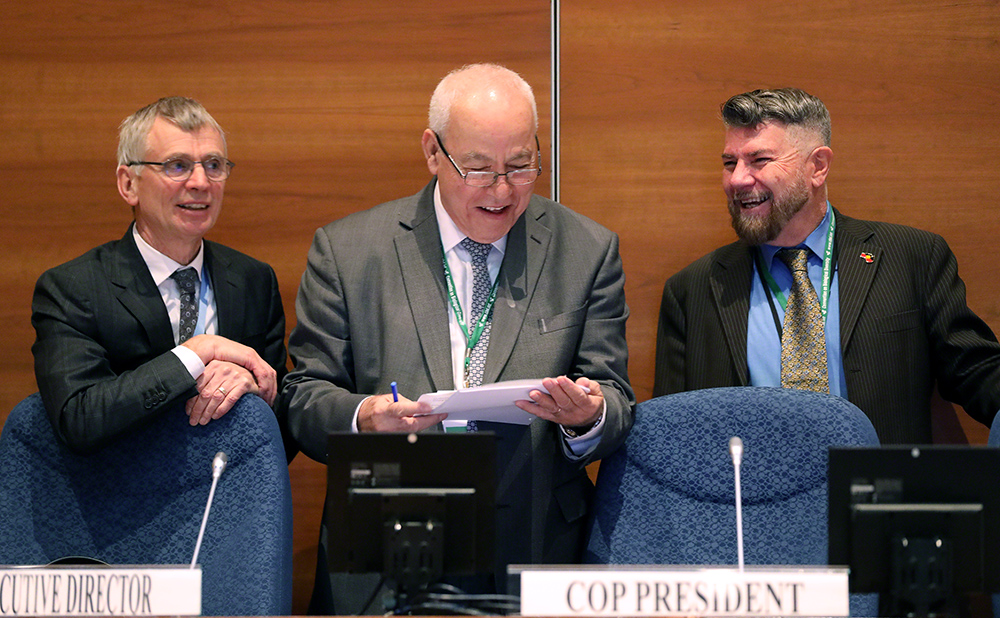
Delegates to the 11th meeting of the Ad Hoc Open-ended Working Group on Article 8(j) and Related Provisions of the Convention on Biological Diversity (CBD) met throughout the day to hear opening and regional statements, address organizational matters, conduct the in-depth dialogue on the contributions of indigenous peoples and local communities (IPLCs) to the post-2020 global biodiversity framework, assess progress towards Aichi Target 18, and discuss the links between nature and culture in the post-2020 framework. In the opening plenary, Mohawk elder Charlie Patton, Kahnawake, welcomed participants onto Mohawk territory and noted the need to “work of one mind to help heal our Mother Earth.” Elizabeth Mrema, CBD Secretariat Officer-in-Charge, emphasized that no wisdom can be left out, and that traditional knowledge transferred between generations is key to understanding nature. Inger Andersen, UN Environment Programme (UNEP) Executive Director, underscored that IPLCs have been deploying the solutions that “we need to rediscover to secure a sustainable future,” and stressed that environmental defenders, who work to protect nature, often pay for their efforts with their lives. Working Group Co-Chair Hamdallah Zedan (Egypt), for the COP Presidency, emphasized the need to be ambitious, inclusive, and optimistic. Regional groups, indigenous peoples’ organizations, and civil society organizations emphasized the importance of full and effective participation of IPLCs in the work of the Convention and the development of the post-2020 global biodiversity framework. Seven IPLC representatives were designated as “Friends of the Bureau,” representing the geo-cultural regions recognized by the UN Permanent Forum on Indigenous Issues (UNPFII), and Lakpa Nuri Sherpa (Asia) was designated as Working Group Co-Chair. Plenary then addressed an in-depth dialogue on the contribution of cultural diversity and the traditional knowledge, innovations, and practices of IPLCs to the post-2020 global biodiversity framework. Panelists highlighted the importance of: IPLCs’ inclusion in policy and decision-making; an international alliance for nature and culture; and nature-culture indicators. Delegates and participants were introduced to the concept of "ili", the place where one is born, including its natural, cultural, and spiritual identity. In the afternoon, the Working Group unpacked almost all of the items on its agenda. Delegates and participants reviewed progress towards Aichi Target 18 (traditional knowledge); deliberated on the role of IPLCs in the development and implementation of the post-2020 global biodiversity framework; and exchanged ideas for possible elements of work aiming at reintegration of nature and culture in the post-2020 global biodiversity framework. Regarding possible institutional arrangements, some parties recommended that a permanent subsidiary body on aspects relating to IPLCs be created, while others suggested delaying relevant decisions until the content of the new programme of work is finalized.For more details on the day’s negotiations and to hear what delegates said in the corridors, see our daily Earth Negotiations Bulletin.
IISD Reporting Services, through its Earth Negotiations Bulletin (ENB) meeting coverage, provided daily web coverage, daily reports, and a summary and analysis report from SBSTTA 23 and WG8J 11.
Photos by IISD/ENB | Mike Muzurakis
For photo reprint permissions, please follow instructions at our Attribution Regulations for Meeting Photo Usage Page

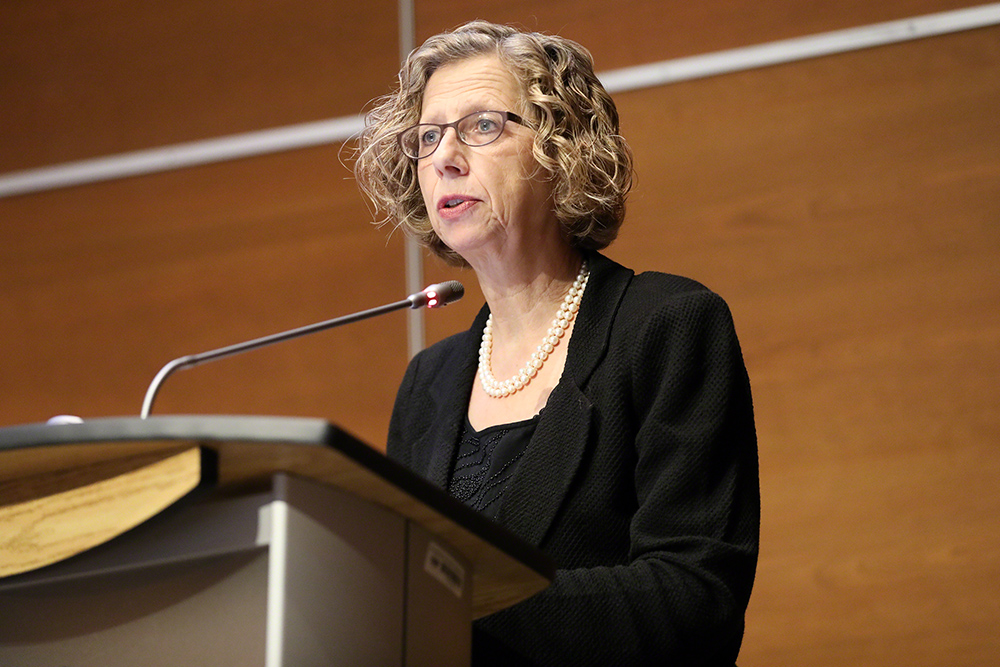
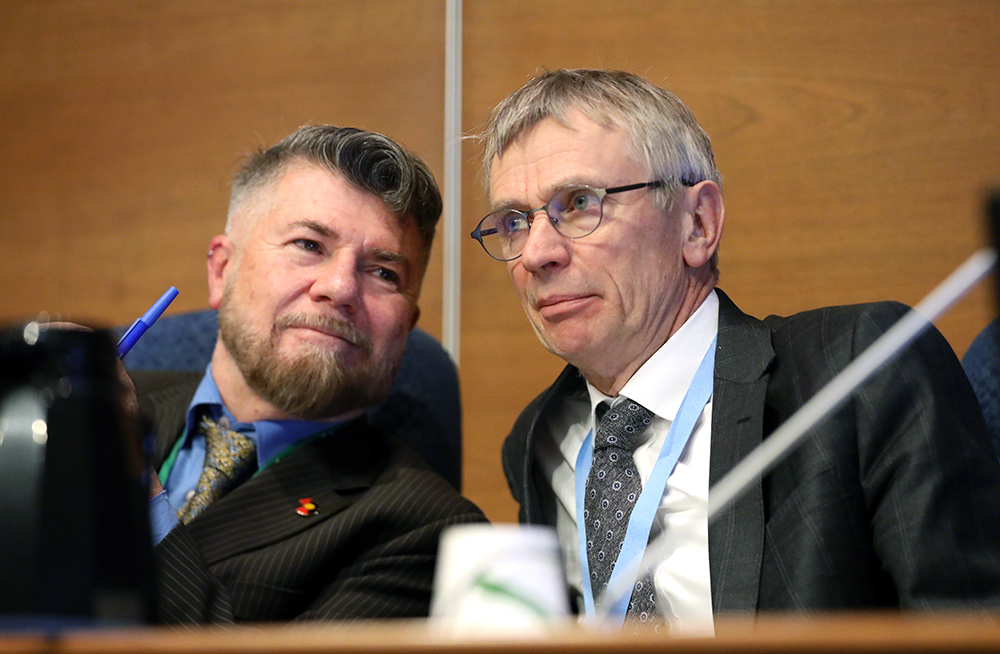
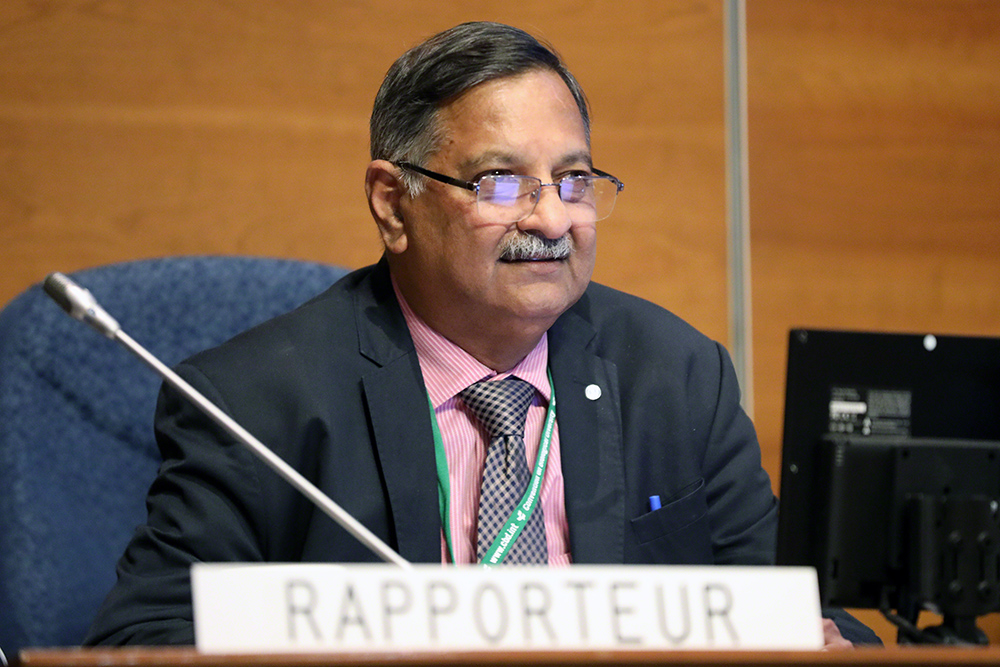
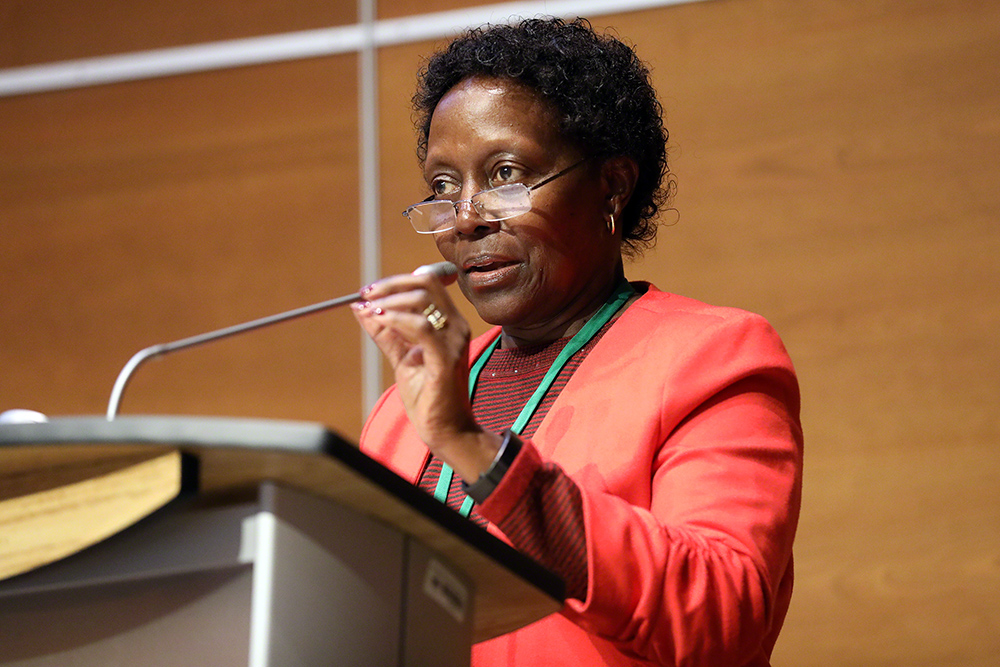
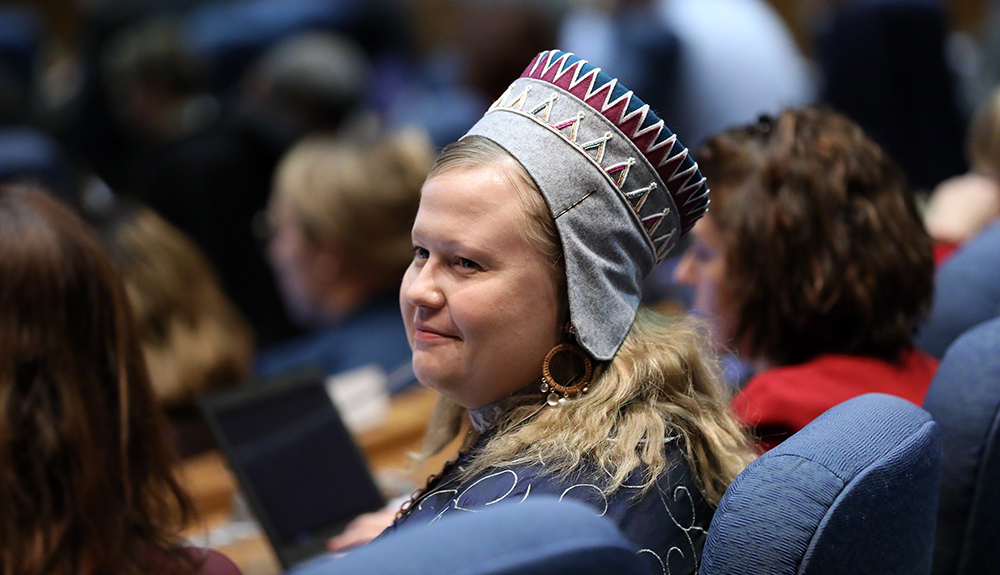
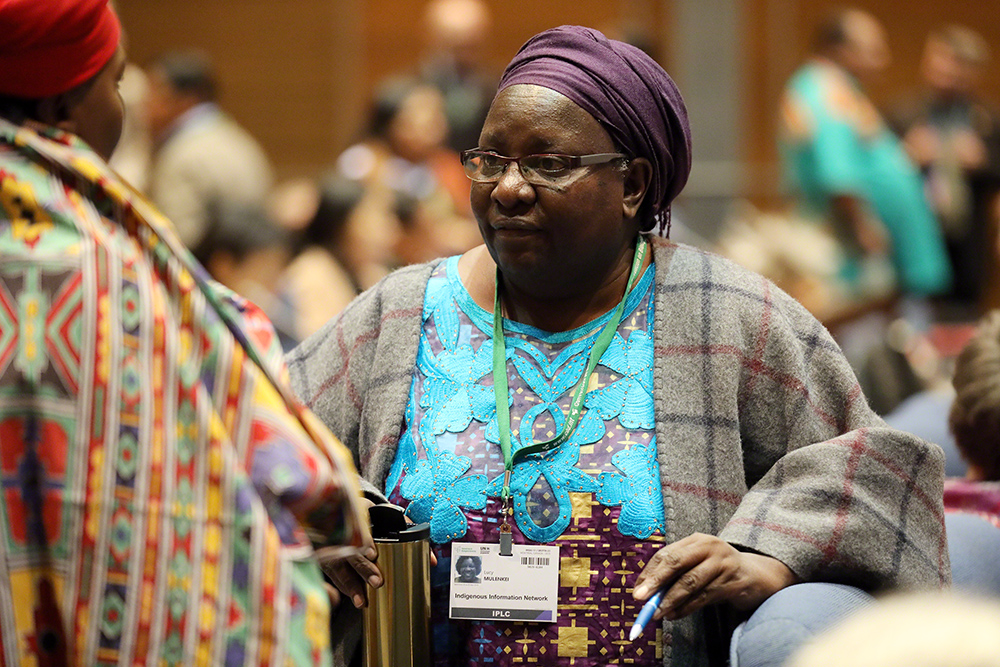

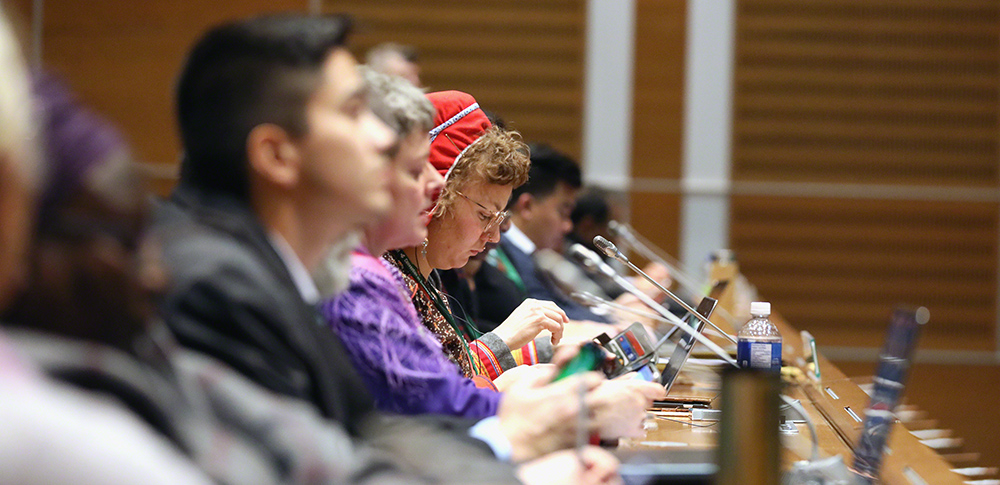
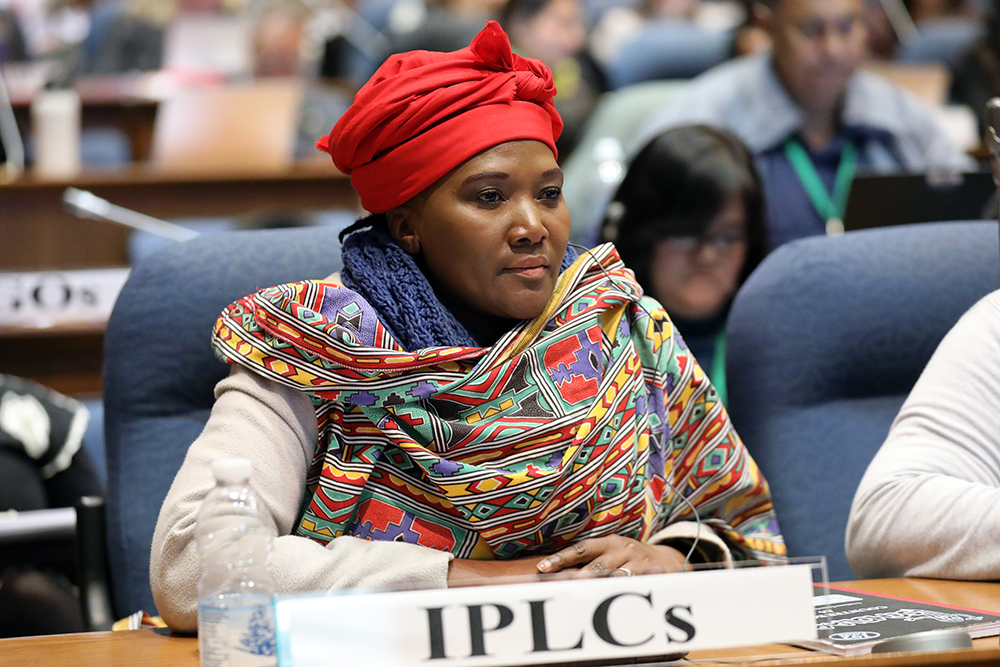
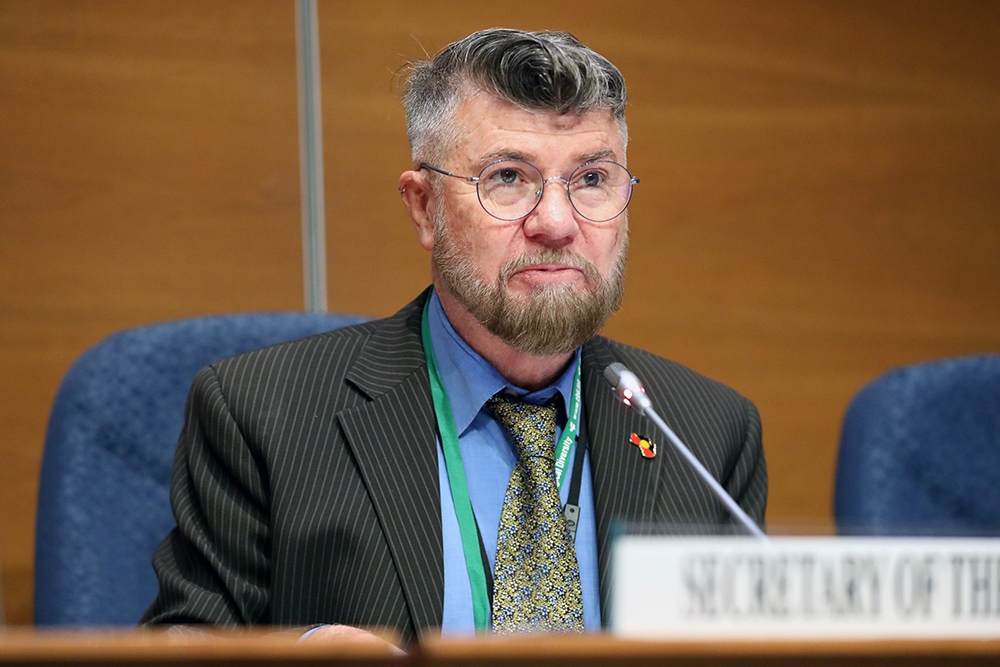
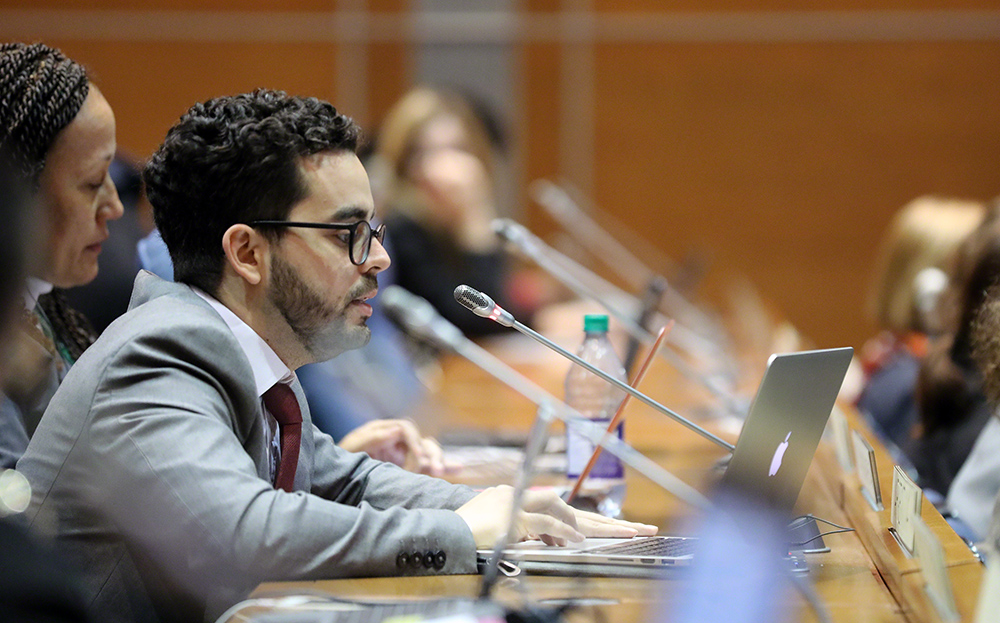

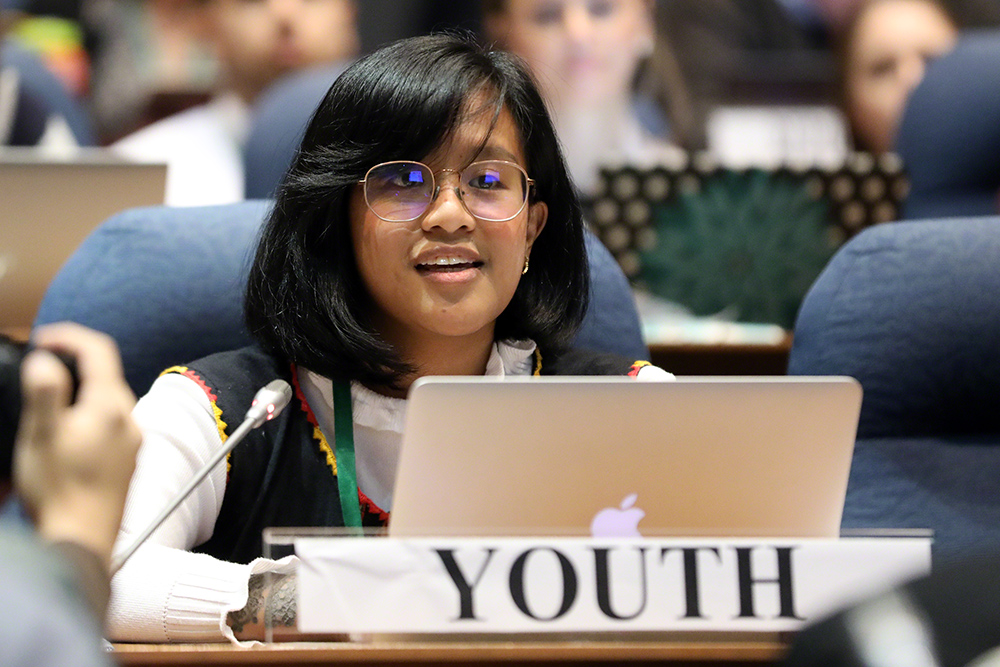

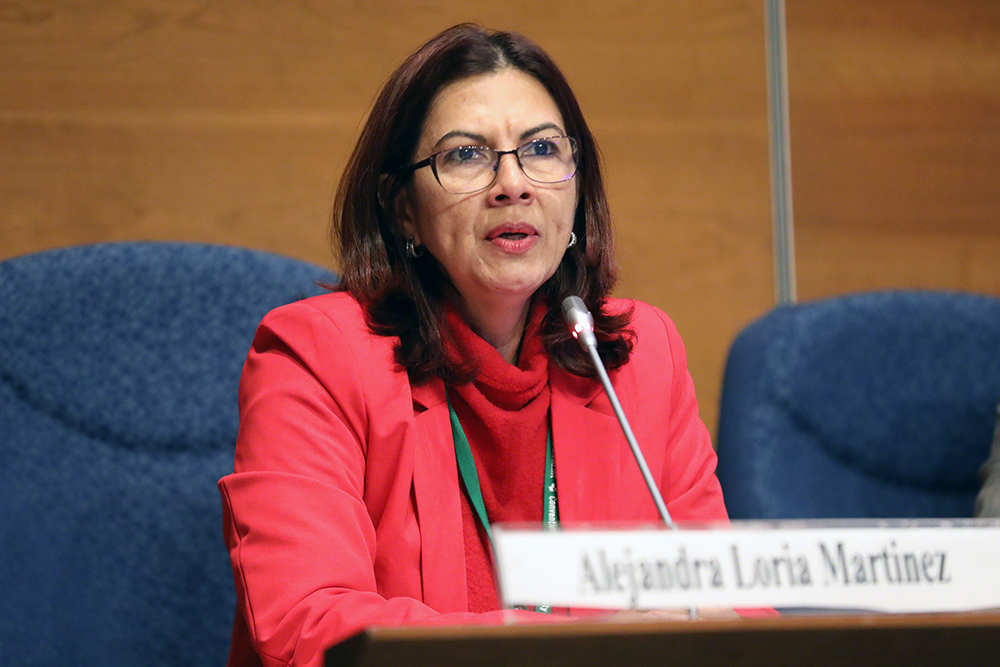
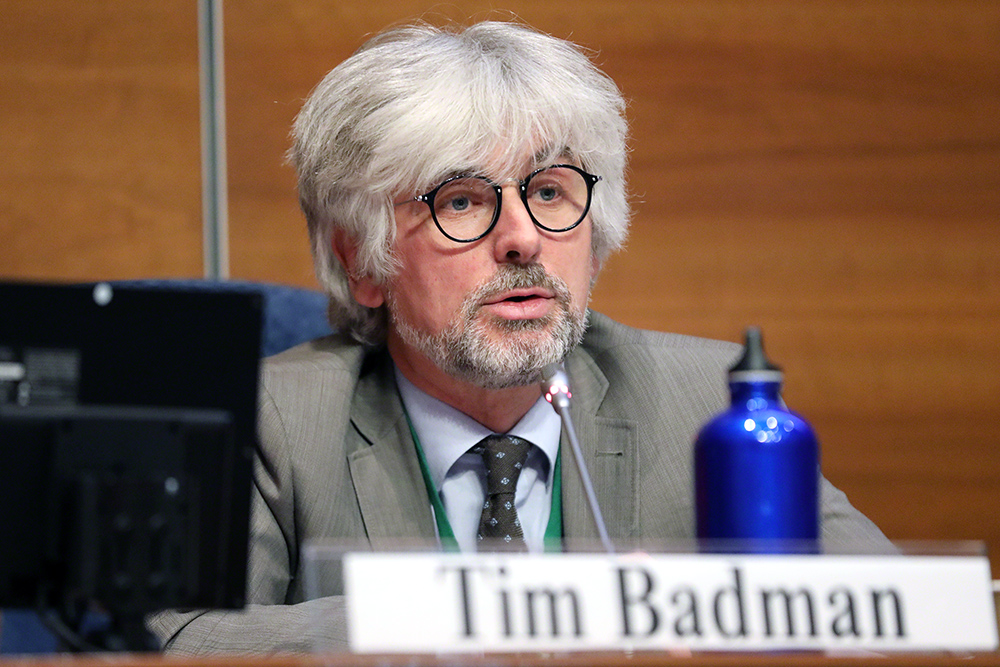
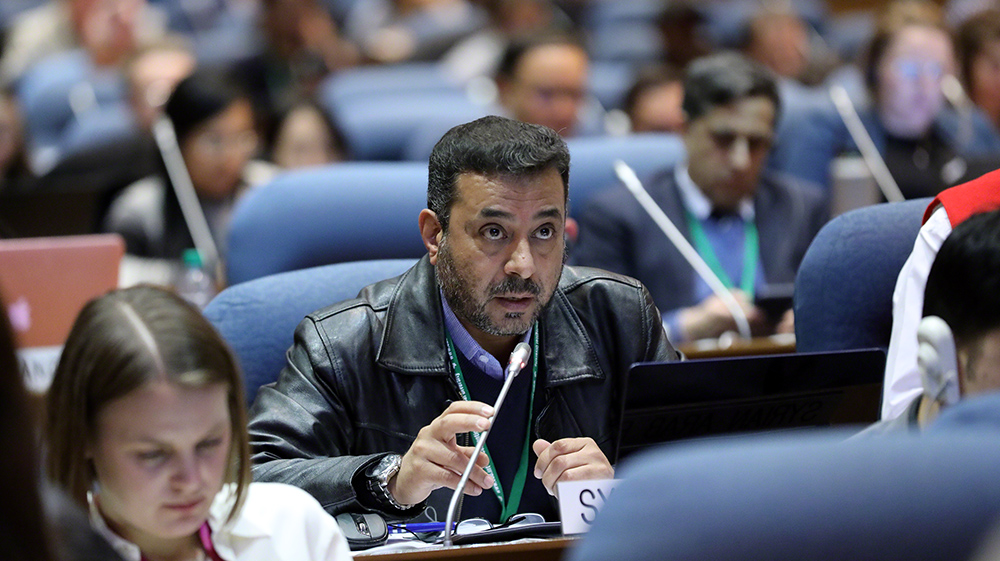
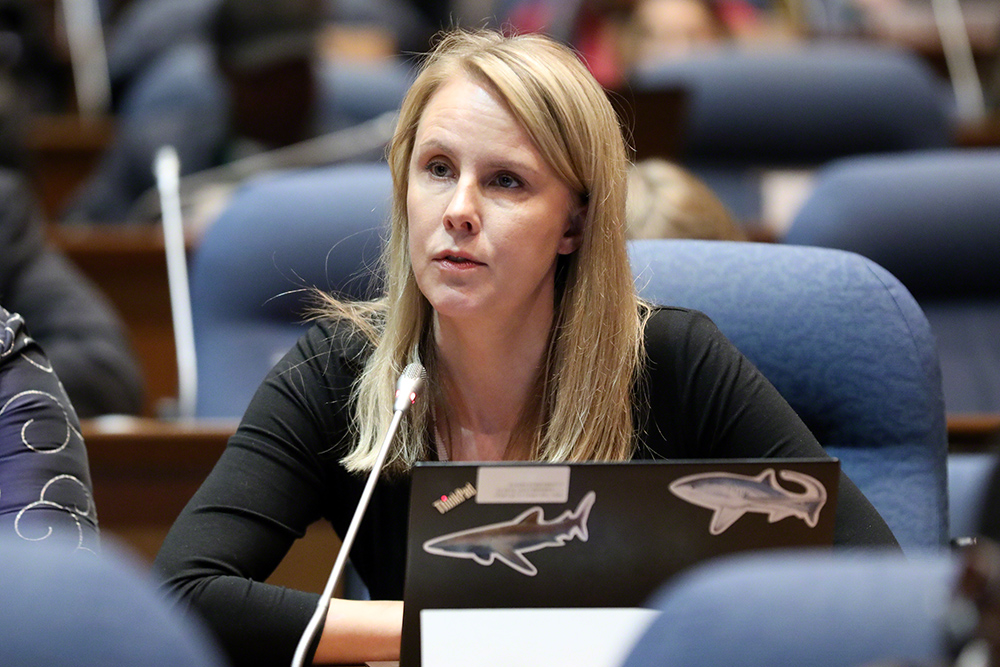
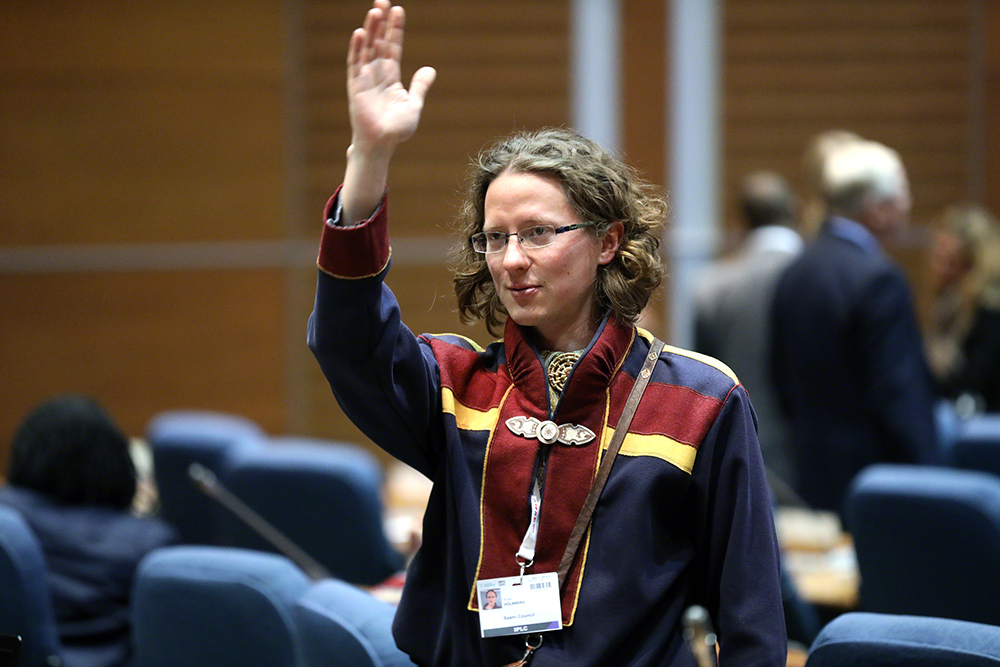
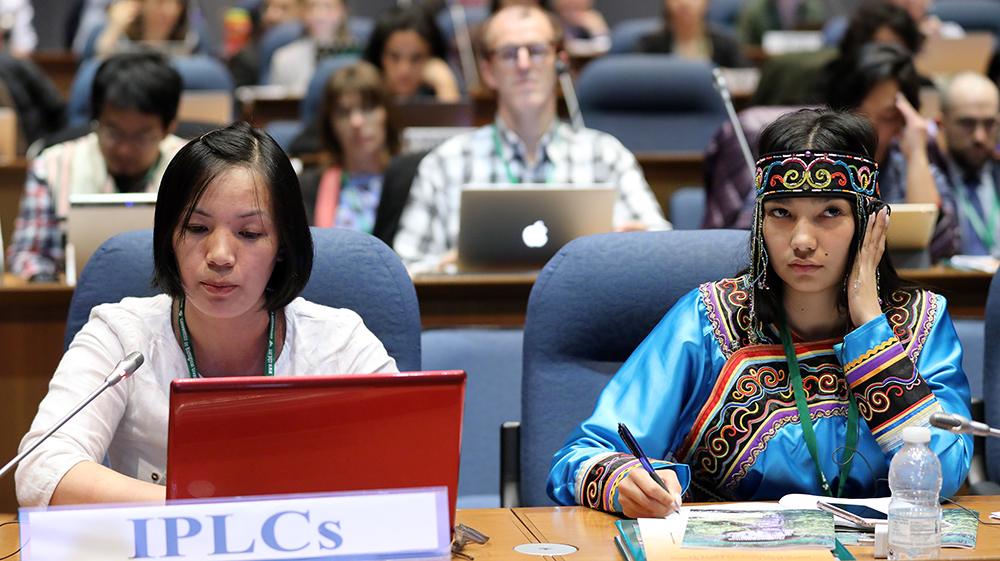
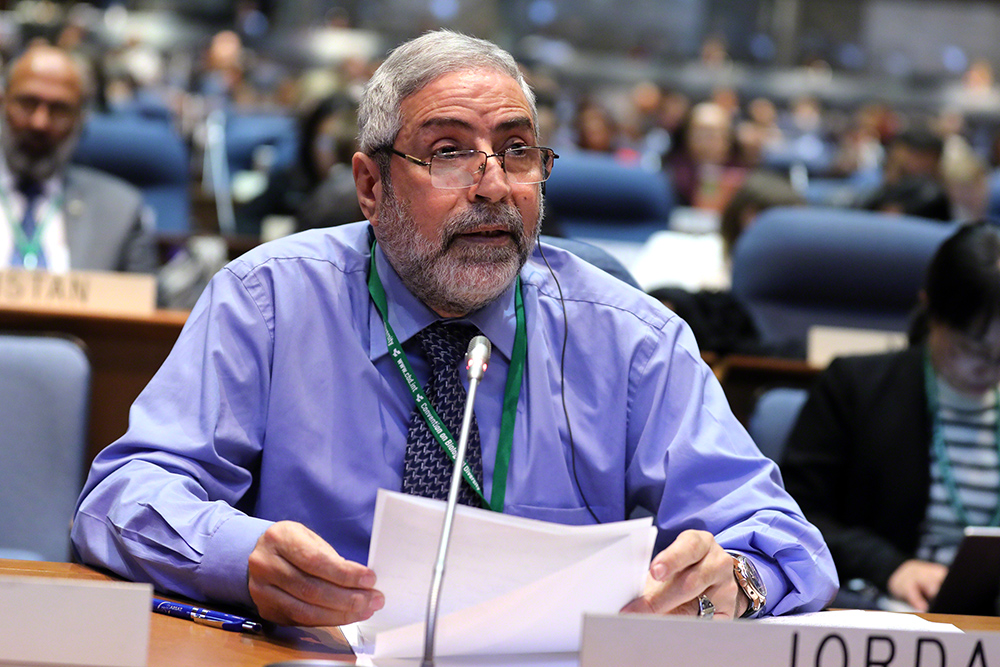
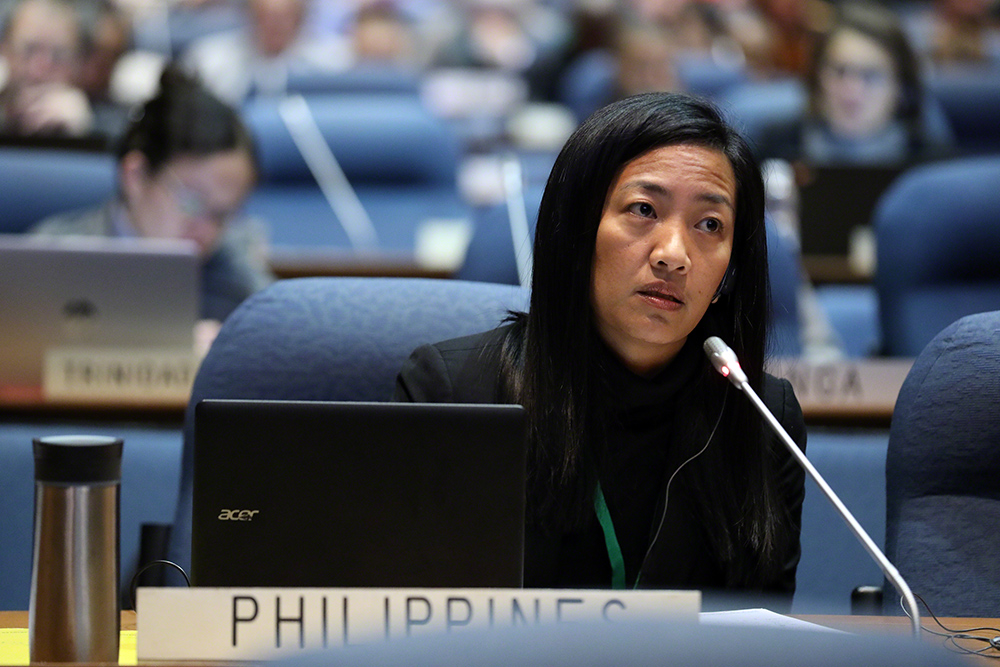
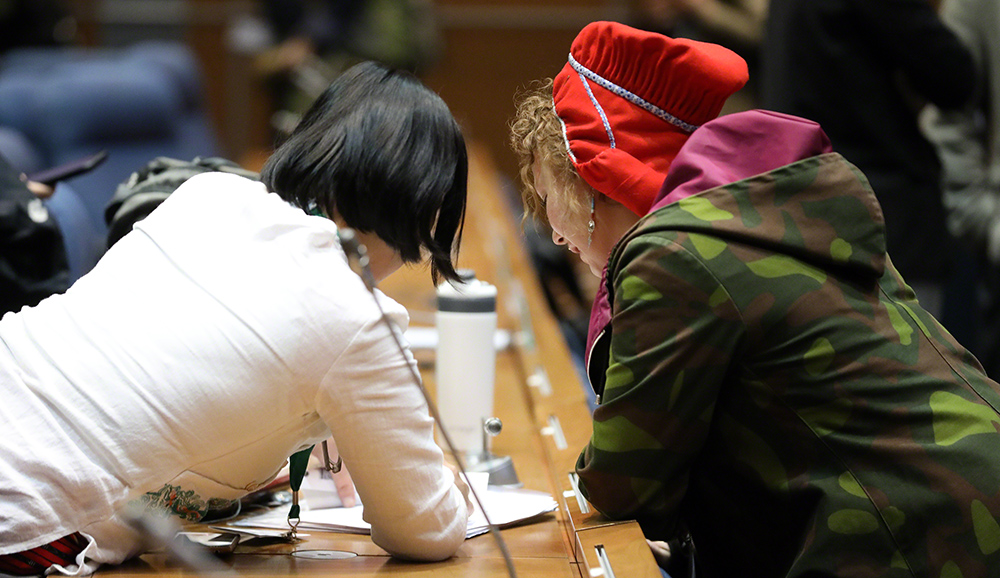
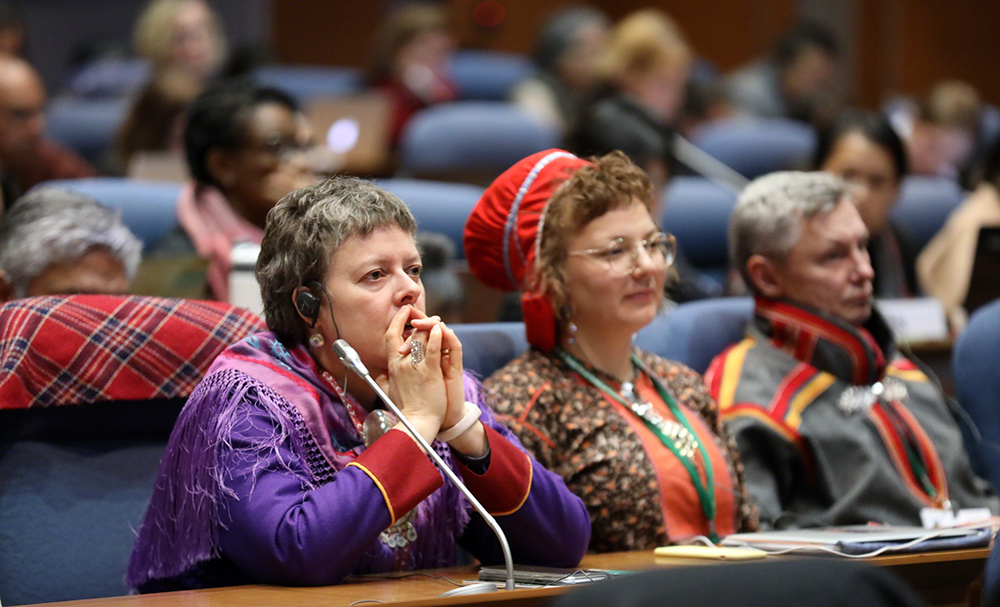
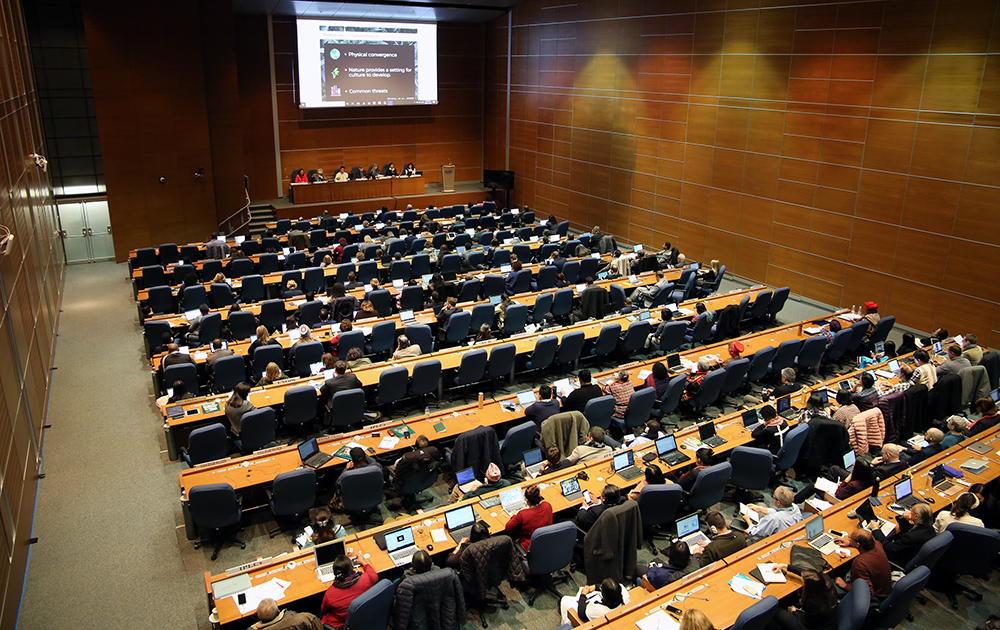
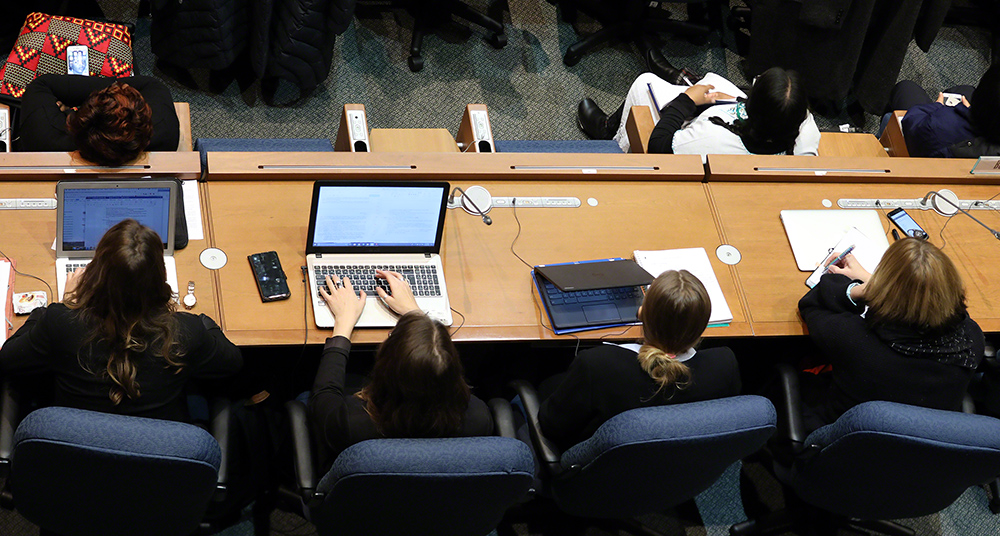
Around the Venue
